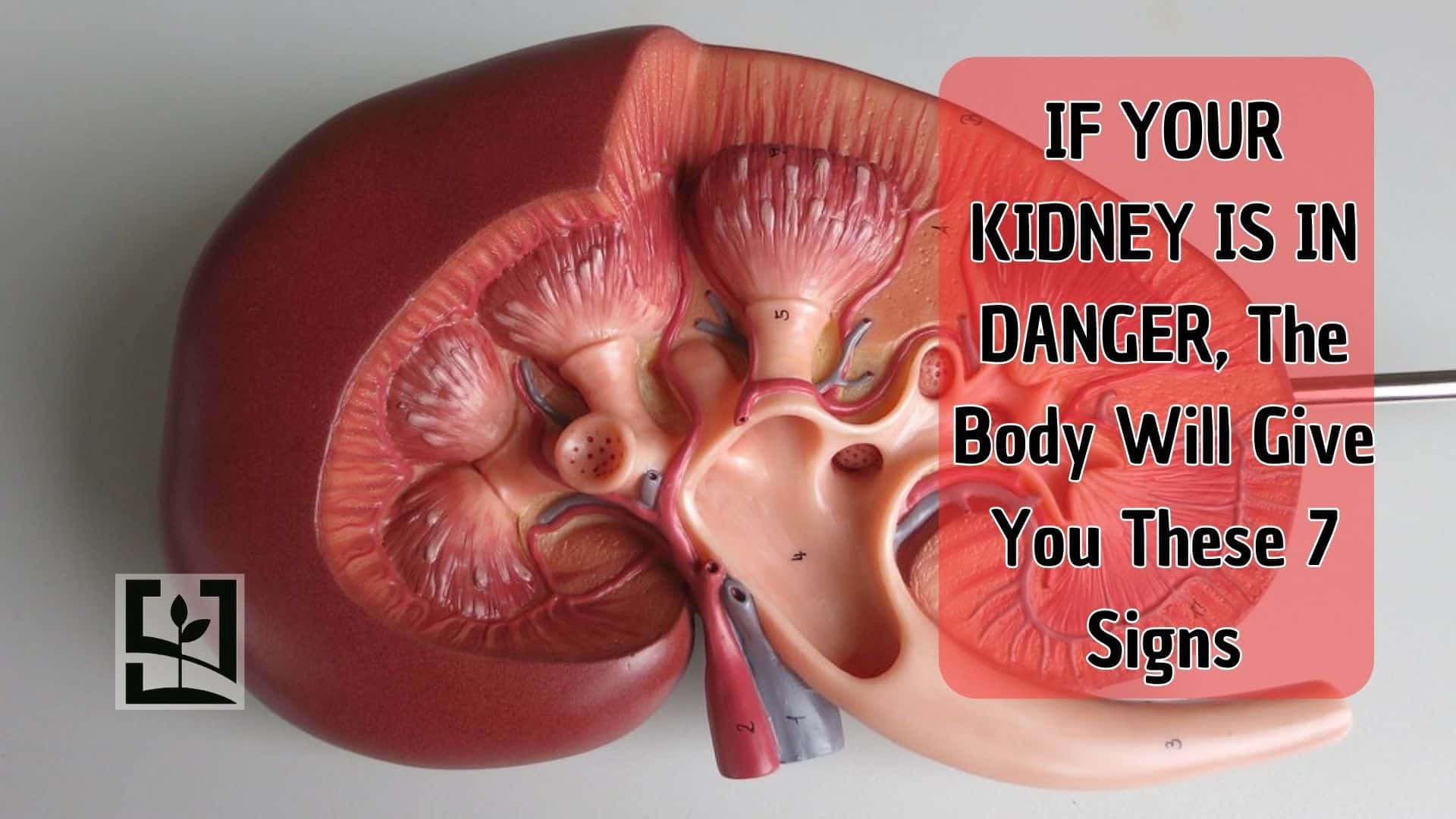The kidneys filter waste products and excess fluid from the blood, regulate blood pressure and red blood cell production, and produce hormones that regulate blood pressure and red blood cell production. When the kidneys are at risk or do not function properly, the body may show various symptoms. However, it’s important to remember that these symptoms may indicate other health problems, so it’s best to visit your doctor for a full evaluation. Here are seven symptoms of kidney disease.
Changes in urine output:
Changes in urine output can be an early indicator of kidney disease. These changes are as follows:
Increased frequency of urination, especially at night.
Urination decreases or becomes difficult.
Foam or foam in the urine may indicate protein leakage.
Hematuria (blood in the urine), which may be pink, red, or brown.
Edema and fluid retention: The kidneys help maintain fluid balance in the body. When they don’t work, excess fluid can accumulate and cause swelling in the ankles, feet, legs, face, and hands.
Fatigue and weakness: Kidney problems can lead to anemia and reduced red blood cell formation. Anemia can cause fatigue, weakness and lack of energy.
When the kidneys fail, excess fluid can accumulate in the lungs, causing shortness of breath and problems with breathing.
Uncontrolled blood pressure: The kidneys control blood pressure. If they don’t work properly, blood pressure can increase.
The accumulation of waste products and toxins in the blood can cause nausea, vomiting, and loss of appetite.
Pain and discomfort: Pain in the back, side, or lower abdomen may be caused by kidney stones, infection, or other conditions. The pain may be mild or severe and may extend to the waist.
It is important to remember that these symptoms can be caused by a variety of conditions. If you have any of these symptoms or are concerned about the health of your kidneys, we encourage you to visit your doctor for proper diagnosis and treatment. Since kidney disease can range from moderate to severe, early detection and intervention is important to maintain kidney health and overall well-being. Your doctor can perform tests and examinations to find the cause of your symptoms and provide appropriate treatment if necessary.

